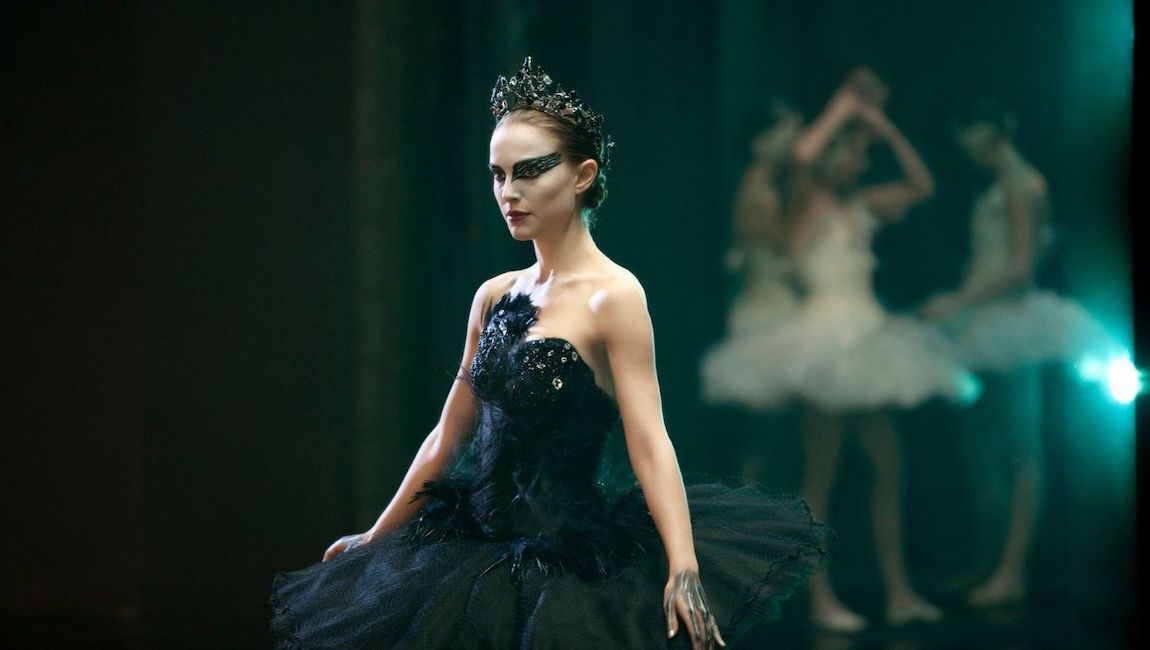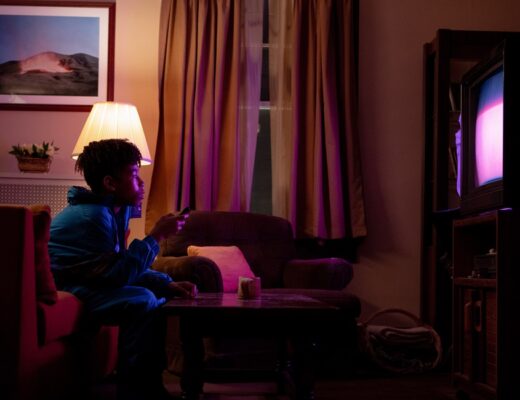In a season where all films are trying too hard to either be award winners or box office cash cows — or both — Darren Aronofsky’s steamy head-trip seems like an effortless achievement in entertainment and fascination. Artfully taking genre by the horns, Black Swan slowly pulls you into a psychological malaise that is as much about ballet as it is about delusion. The film burns with Freudian archetypes and Taoist dualists bundled into the tidy package of Nina, an anxiety-ridden and vanity-driven ballet dancer. Nina, played with fervor by Natalie Portman, has been chosen to dance the lead in a “more raw, more edgy” production of Tchaikovsky’s classic Swan Lake. Although Nina obsesses over perfection, she lacks the passion that the artistic director (Vincent Cassel) demands on the stage and in close quarters. You see, Nina is a sheltered butterfly, held prisoner by her own naiveté and an overprotective mother (Barbara Hershey), who’s just one tantrum away from Mommy Dearest. Desperately seeking her muse for transcendence beyond perfection, Nina begins to unravel one fantasy — and trepidation — at a time. Paranoia, vanity, lust, and fear are thrown up into the air as an orchestrated chaos descends on the stage in front of us.
Illusion would mean nothing, however, if it weren’t grounded in the physicality of flesh and bones, and the brutal art of ballet: the violence of a pirouette and the pounding of a piqué. On this note, Black Swan is a companion to Aronofsky’s previous film, The Wrestler. Seeing staples stuck in Randy’s skin is as punishing as seeing Nina’s toenail cracked right in half, both suffered at the hands of a type of physical artistry. But this is where the similarities start and end. The Wrestler wallows in plodding unoriginality and Black Swan swirls with enthralling ingenuity. As little miss perfect comes unstuck from her porcelain world, so does the pace and the onslaught of momentary horror and not-so-subtle eroticism. The retiring Beth, played by a very harsh looking Winona Ryder, provides the horror, and west coast newcomer Lily (Mila Kunis) furnishes the eroticism, but both are very much a reflection of Nina. Beth, outwardly neurotic, represents Nina’s fear of aging and fear of being something other than beautiful and perfect. Lily, on the other hand, is Nina’s inner slutty swan, able to please herself both literally and metaphorically. This trio — Dying Swan, Black Swan, and White Swan respectively — form the psychotic ménage à trois that lives inside Nina’s head and onscreen.
Aronofsky has cleverly pitched his Black Swan to the masses right at the time most are relishing Tchaikovsky’s more docile and sugar plum fairy-infested ballet. If Black Swan weren’t bursting with the outrageous — people stabbing themselves in the face or plucking feathers out their backs — the metamorphosis allegory would be laughable. Likewise, Nina’s almost childlike innocence is too outlandish, until we realize in retrospect that maybe even this was a fragment of her imagination. Through it all, the film stays focused on being a well-made thriller, keeping an even hand between powdery elegance and shadowy maelstrom. The combination will likely make Black Swan a winner of both the awards and the cash as well as a certain amount of worthy critical pride. Serious without being too serious, Aronofsky allows us to thankfully toss literal interpretations about Nina and her grand performance out the door. No one gets the part. No one dies. No one sprouts wings. No one gets hit by a car. No one has an orgasm. And no one transcends. But we are certainly left bubbling with the satisfaction of imagining it.







